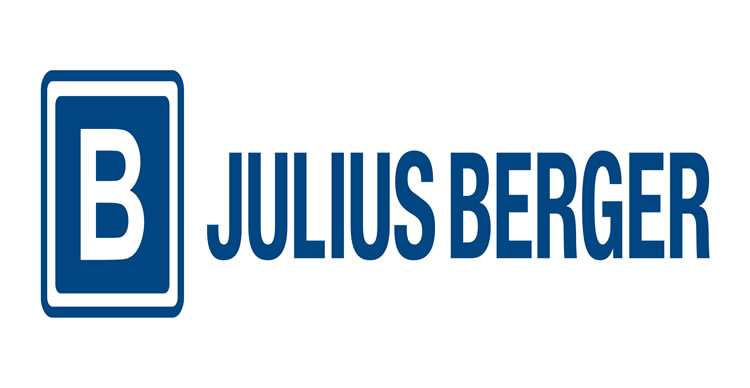Julius Berger Nigeria Plc, a leading construction and infrastructure development company, experienced a significant downturn in profitability during the first quarter of 2025. The company’s profit after tax plummeted by 65%, falling from N10.05 billion in Q1 2024 to N3.56 billion in Q1 2025. This substantial decline, despite a notable increase in revenue, can be attributed primarily to a sharp rise in administrative expenses and a substantial decrease in other income, particularly from non-operating sources that had significantly boosted profits in the previous year. While the company’s top-line growth demonstrated a positive trend in business activities, the escalating costs, particularly in administration, eroded the potential benefits of increased revenue. This ultimately resulted in reduced returns for shareholders, as evidenced by the drop in earnings per share.
Despite the substantial increase in revenue, which surged by 62.8% to N180.51 billion in Q1 2025 compared to N110.88 billion in Q1 2024, the company’s cost of sales also saw a considerable jump. This increase, reaching N153.1 billion from N89.91 billion, ultimately resulted in a relatively modest gross profit of N27.41 billion, only slightly higher than the N20.97 billion recorded in the same period of the previous year. The ballooning cost of sales, coupled with the surge in administrative expenses, significantly squeezed the company’s margins and contributed to the overall profit decline. This highlights the challenges Julius Berger faced in managing costs effectively during this period, despite the growth in its core business operations.
A key factor contributing to the decline in profitability was the substantial increase in administrative expenses. These expenses surged by 46.4% to N22.67 billion in Q1 2025, compared to N15.48 billion in Q1 2024. This drastic rise absorbed a significant portion of the increased revenue and contributed heavily to the lower operating profit. Additionally, the company experienced a considerable reduction in other income, which fell to a mere N75.2 million in Q1 2025 from a substantial N9.69 billion in the same period of the previous year. This decline was largely due to a drop in non-operating income, which had previously bolstered the company’s bottom line.
The financial statement also revealed other factors impacting Julius Berger’s performance. Impairment on trade and tax receivables stood at N1.56 billion, signaling potential challenges in collecting outstanding payments. While marketing expenses saw a slight increase, the primary contributor to dwindling profitability was the combined effect of increased administrative costs and the dramatic decline in other income. Investment income, although still substantial at N3.75 billion, showed a decrease from the N4.54 billion recorded in Q1 2024, further impacting the overall financial outcome. Finance costs, on the other hand, showed a slight decrease, falling to N951.36 million from N1.09 billion in the corresponding period.
The overall impact of these factors is clearly reflected in the company’s declining profit figures. Profit before tax decreased by 64.7% to N5.92 billion from N16.75 billion in Q1 2024. After accounting for income tax expenses of N2.35 billion, the net profit stood at N3.56 billion, a substantial drop from the previous year’s N10.05 billion. This translated to a significant decline in earnings per share, which fell to N2.19 from N6.26, indicating a reduced return for investors in the short term. Despite the challenging quarter, Julius Berger maintained a healthy balance sheet, with total assets exceeding N1 trillion.
Despite the significant decline in profitability, Julius Berger’s balance sheet remained robust, demonstrating the company’s underlying financial strength. Total assets increased to N1.05 trillion in Q1 2025 from N767.94 billion in Q1 2024, indicating continued investment and expansion. This growth was evident in both non-current assets, which rose to N483.13 billion from N298.20 billion, and current assets, which reached N570.31 billion compared to N468.56 billion in the previous year. Furthermore, the company’s equity increased substantially to N354.39 billion from N148.2 billion, largely driven by revaluation gains recorded in other comprehensive income. While total comprehensive income for the quarter stood at N8.67 billion, significantly lower than the N41.77 billion reported in Q1 2024, the company’s strong balance sheet suggests its long-term financial stability.














